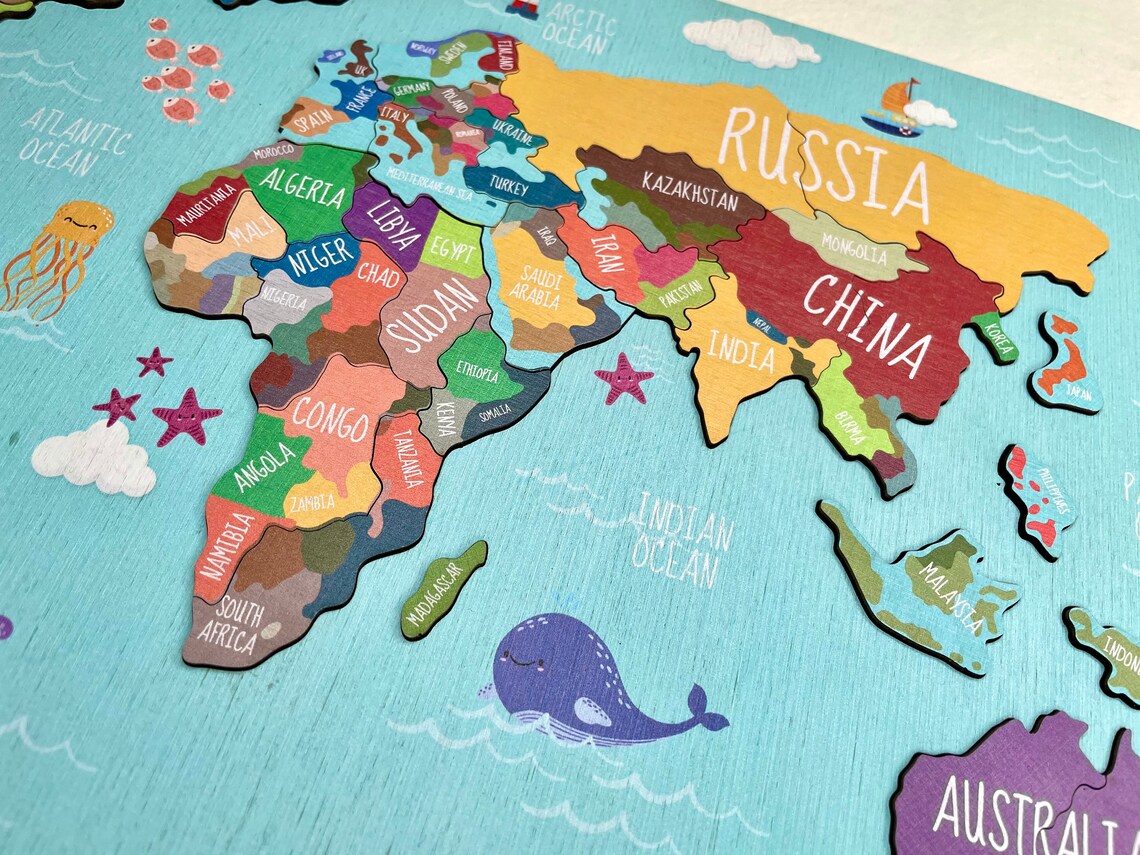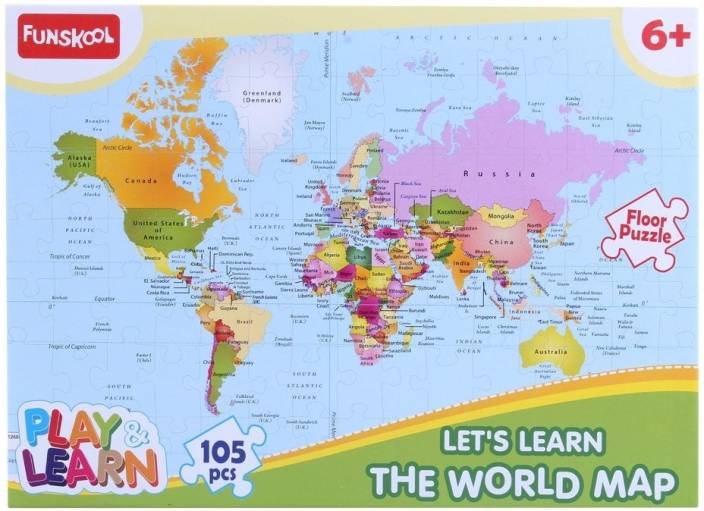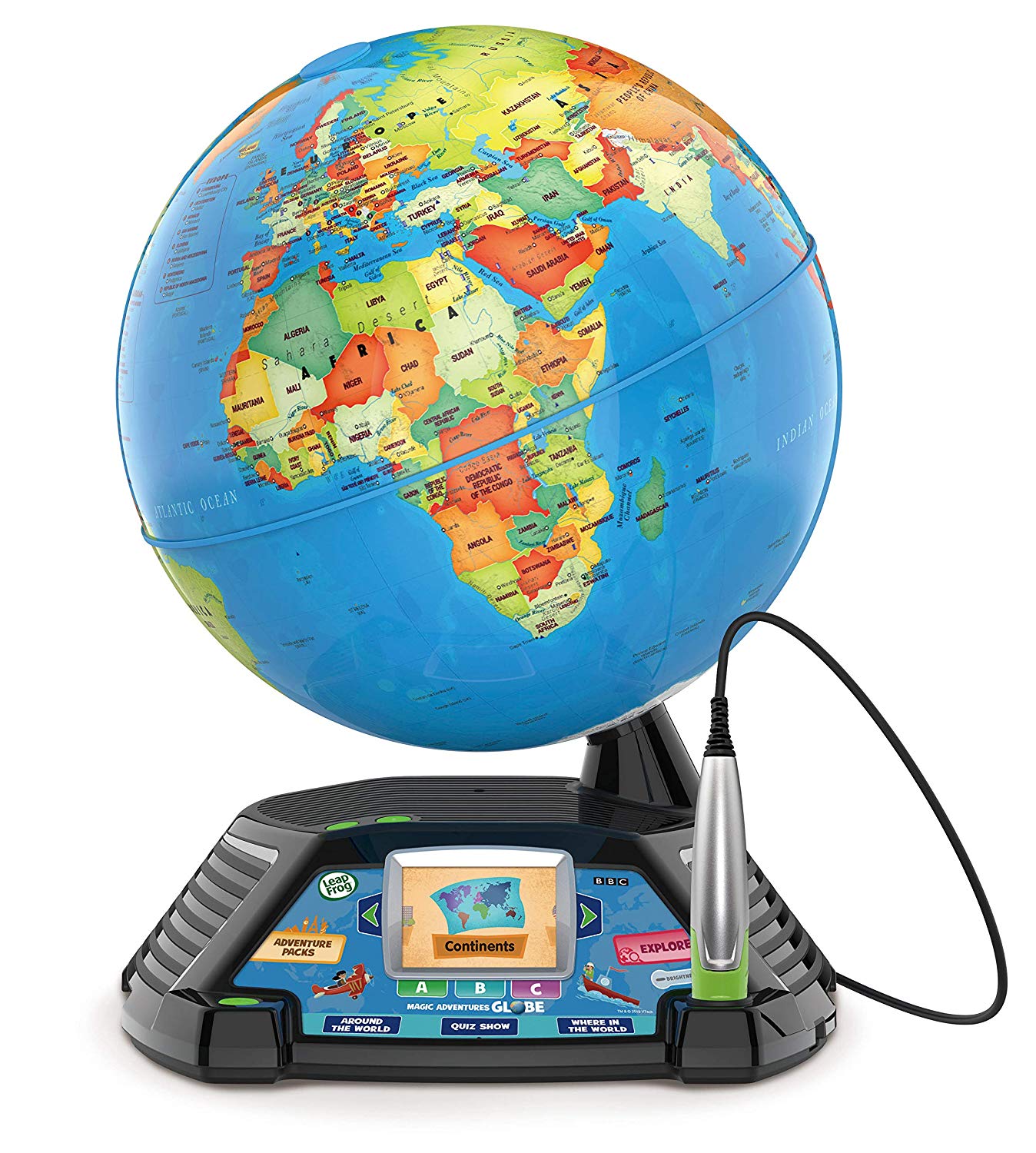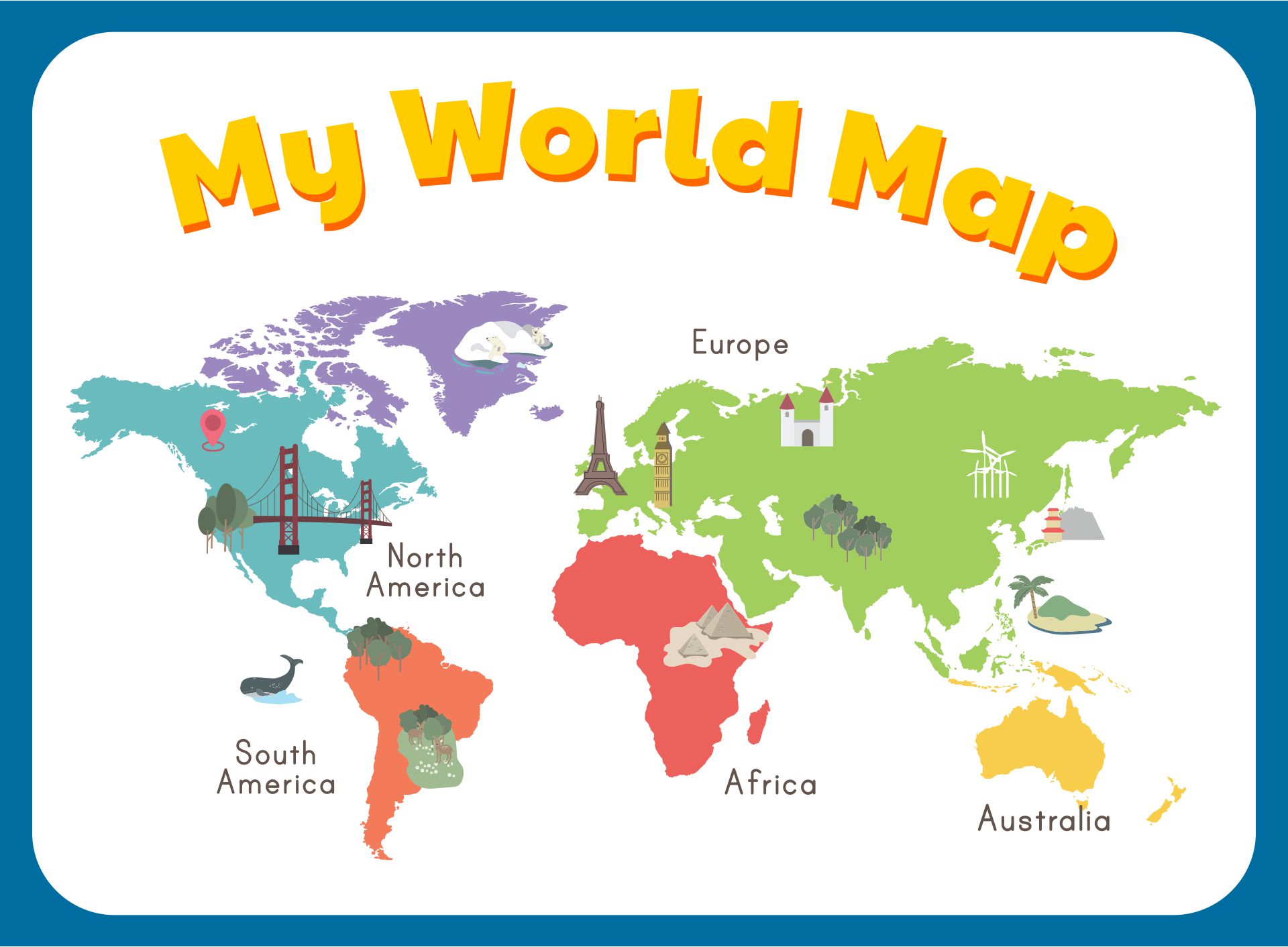Navigating the World: The Educational Power of Kids Map Games
Related Articles: Navigating the World: The Educational Power of Kids Map Games
Introduction
In this auspicious occasion, we are delighted to delve into the intriguing topic related to Navigating the World: The Educational Power of Kids Map Games. Let’s weave interesting information and offer fresh perspectives to the readers.
Table of Content
Navigating the World: The Educational Power of Kids Map Games

Map games, designed specifically for children, offer a playful and engaging avenue to introduce them to the complexities of geography, spatial reasoning, and critical thinking. These games, often incorporating vibrant colors, engaging storylines, and interactive elements, transform learning into an enjoyable experience, fostering a deeper understanding of the world around them.
Unlocking the World of Geography:
Map games introduce children to various geographical concepts in a fun and interactive way. They learn about continents, countries, oceans, and landmarks, developing a foundational understanding of the world’s physical features. Games like "Continent Scramble" or "World Capitals Quiz" challenge children to identify locations and their corresponding names, enhancing their geographical knowledge and memory.
Developing Spatial Reasoning Skills:
Spatial reasoning, the ability to mentally manipulate and understand spatial relationships, is crucial for various cognitive abilities. Map games, through activities like navigating virtual maps, tracing routes, and identifying directions, help children develop this skill. Games like "Treasure Hunt" or "Road Trip Adventure" encourage children to visualize paths, plan routes, and understand distances, fostering spatial awareness and problem-solving skills.
Boosting Critical Thinking and Problem-Solving:
Map games often incorporate challenges and puzzles that require critical thinking and problem-solving. Children learn to analyze information, strategize, and make decisions based on their understanding of the map. Games like "Mystery Map" or "Geo-Challenge" present scenarios where children must decipher clues, interpret symbols, and apply their knowledge to solve problems, enhancing their analytical and decision-making abilities.
Enhancing Memory and Concentration:
Engaging with maps and their associated information requires children to focus, remember, and recall details. Map games, with their diverse elements and interactive features, effectively engage children’s attention spans and improve their memory and concentration. Games like "Memory Match" or "Map Bingo" challenge children to recall locations, landmarks, and facts, strengthening their cognitive abilities.
Instilling a Sense of Global Awareness:
Map games expose children to different cultures, languages, and historical events from across the globe. They learn about diverse communities, their traditions, and unique perspectives, fostering a sense of global awareness and appreciation for cultural diversity. Games like "Around the World" or "Cultural Adventure" introduce children to various countries, their customs, and historical significance, broadening their worldview.
Benefits Beyond the Game:
The benefits of map games extend beyond the immediate learning experience. They encourage curiosity, exploration, and a thirst for knowledge, inspiring children to delve deeper into the world around them. They also promote teamwork, communication, and social interaction, as children collaborate and share their knowledge with others.
FAQs about Kids Map Games:
1. What are the different types of kids map games?
Kids map games come in various formats, including:
- Board games: Traditional board games with maps, dice, and game pieces, offering a physical and interactive experience.
- Card games: Games with cards featuring maps, landmarks, or geographical information, promoting memory and matching skills.
- Online games: Interactive digital games with maps, quests, and challenges, providing a dynamic and engaging learning experience.
- Apps: Mobile applications with maps, quizzes, and educational activities, offering convenient access to learning anytime and anywhere.
2. How can I choose the right map game for my child?
Choosing the right map game depends on your child’s age, interests, and learning style. Consider:
- Age-appropriateness: Ensure the game’s complexity and content align with your child’s developmental stage.
- Interests: Select games that pique your child’s curiosity and align with their hobbies or passions.
- Learning style: Choose games that cater to your child’s preferred learning style, whether visual, auditory, or kinesthetic.
3. How can I make map games more engaging for my child?
You can enhance the engagement of map games by:
- Playing together: Engage in the game with your child, fostering interaction and making it a shared experience.
- Creating a thematic setting: Transform your play area into a geographical environment, using props and decorations to enhance immersion.
- Connecting to real-world experiences: Relate the game’s concepts to real-world locations or events, making learning more tangible and relevant.
4. What are some tips for incorporating map games into a child’s learning routine?
You can seamlessly integrate map games into a child’s learning routine by:
- Setting aside dedicated playtime: Schedule regular time for playing map games, ensuring consistent engagement and learning.
- Incorporating them into educational activities: Use map games as a supplementary tool to reinforce geographical concepts learned in school.
- Encouraging independent exploration: Allow your child to explore map games independently, fostering self-directed learning and curiosity.
5. How can I encourage my child’s interest in maps and geography?
You can foster your child’s interest in maps and geography by:
- Exposing them to maps in everyday life: Point out maps on road signs, in books, or on websites, making them a familiar part of their environment.
- Taking them on geographical adventures: Visit museums, parks, or landmarks, connecting them to real-world maps and locations.
- Reading books and watching documentaries about geography: Introduce them to diverse cultures, landscapes, and historical events through engaging storytelling.
Conclusion:
Map games, with their playful approach to learning, offer a powerful tool for introducing children to the world of geography, spatial reasoning, and critical thinking. They transform learning into a fun and engaging experience, fostering curiosity, exploration, and a deeper understanding of the world around them. By incorporating map games into a child’s learning routine, parents and educators can cultivate a love for geography and inspire a lifelong passion for exploration and discovery.








Closure
Thus, we hope this article has provided valuable insights into Navigating the World: The Educational Power of Kids Map Games. We thank you for taking the time to read this article. See you in our next article!